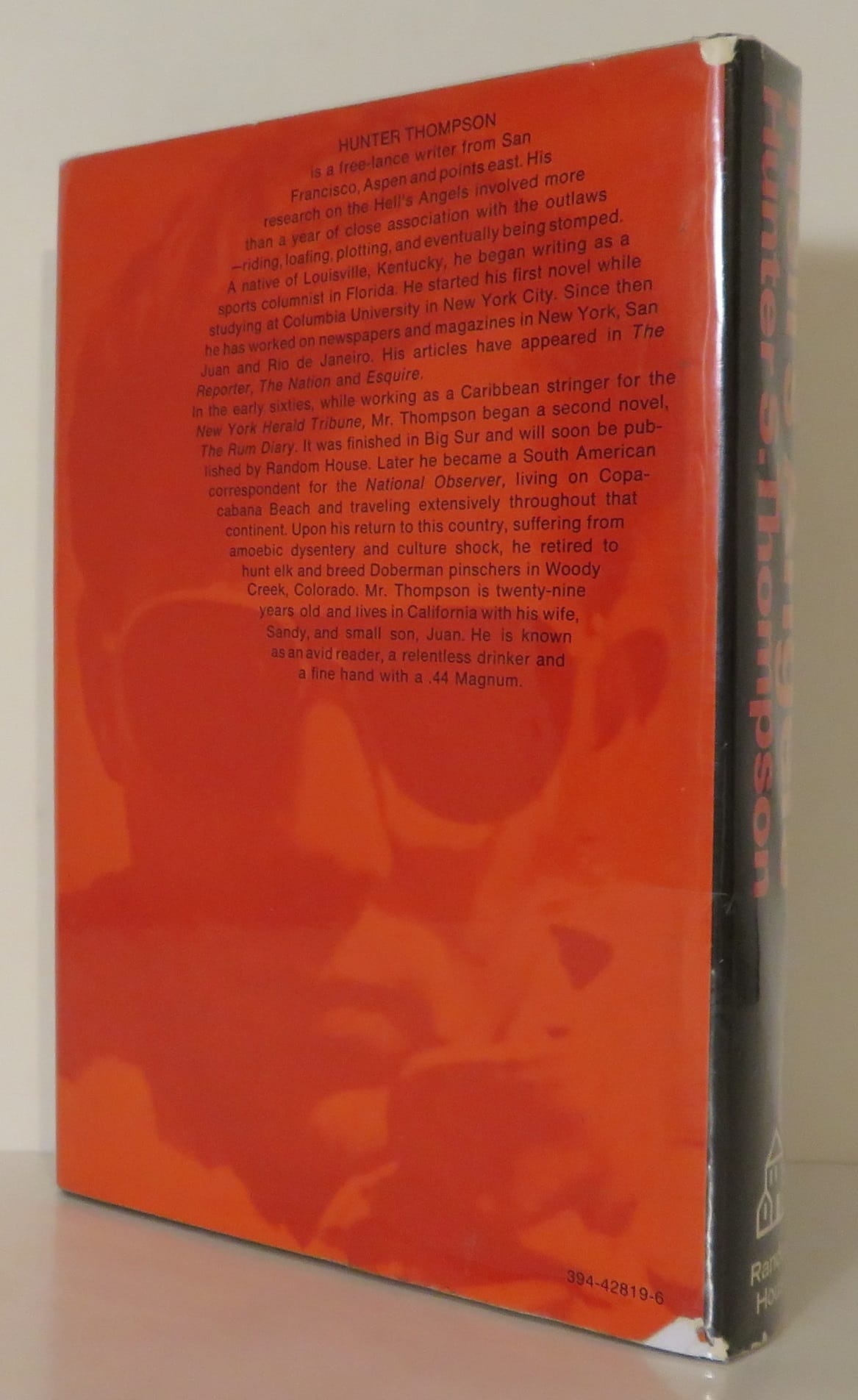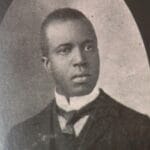Riding with the Angels: Hunter S. Thompson’s Wild Ride
Hunter S. Thompson’s Hell’s Angels: A Strange and Terrible Saga isn’t just a book; it’s a visceral journey into the heart of 1960s counterculture and the outlaw motorcycle world. Thompson, commissioned by The Nation to write an article titled “The Motorcycle Gangs: Losers and Outsiders,” immersed himself in the Hells Angels’ world, living and riding alongside them for nearly two years. This immersive experience formed the basis of his groundbreaking book, originally published by Random House in 1967. The book isn’t merely an observation; it’s a raw, first-person account that plunges the reader into the roar of engines, the scent of leather, and the ever-present tension of a lifestyle teetering on the edge of violence. It’s a snapshot of a generation grappling with authority, conformity, and the changing American landscape.
Thompson’s writing, visceral and immediate, cracked open the Angels’ world, exposing their code, beliefs, and the often brutal reality of their existence. He didn’t shy away from depicting the grittier aspects of their lifestyle, challenging conventional notions of freedom and rebellion. The book’s influence rippled beyond the biker community, shaping public perception of subcultures and inspiring generations of writers and journalists. Thompson’s access, facilitated by former Hells Angel turned journalist Birney Jarvis, provided him with an invaluable “in.” Jarvis acted as a cultural translator, navigating the complex social dynamics and fostering a level of trust with the notoriously wary group. This intimate access, however, sparked ethical debates. Did Thompson’s proximity blur the lines between observer and participant, potentially influencing his portrayal? This question continues to resonate, highlighting the complexities of immersive journalism.
Was Hell’s Angels Gonzo Journalism’s Birth?
Hell’s Angels ignited a firestorm upon release. Some lauded Thompson’s unflinching honesty, while others accused him of romanticizing violence. This controversial legacy underscores the challenges of representing marginalized communities and the ethical considerations of embedded journalism. The book is often cited as a pivotal work in the development of “Gonzo journalism,” a style Thompson would later become synonymous with. But is Hell’s Angels truly Gonzo? It’s a question still debated.
Thompson’s immersion, blurring the lines between observer and participant, resonates with the Gonzo spirit. He injected his own experiences and opinions into the narrative, a departure from traditional objective reporting. This subjective, first-person account captures the raw intensity of the biker culture. This immersive approach, however, was not without consequences. The incident where Thompson was beaten by the Hells Angels serves as a cautionary tale about the inherent risks of such deeply embedded reporting.
While Hell’s Angels exhibits early Gonzo elements — subjectivity, immersion, and unfiltered prose — some argue it lacks the fully realized, hallucinatory quality of his later works like Fear and Loathing in Las Vegas. Perhaps it’s more accurate to view Hell’s Angels as a precursor to Gonzo, a stepping stone in the evolution of Thompson’s distinctive style. This ongoing discussion highlights the evolving nature of journalistic genres and the complexities of Thompson’s work. The following table summarizes key aspects of the book and its connection to Gonzo:
| Feature | Description |
|---|---|
| Immersion | Thompson lived and rode with the Angels, gaining unparalleled access to their world. |
| Ethics | His close involvement raises questions about journalistic objectivity and the potential for bias. |
| Subjectivity | The narrative is infused with Thompson’s personal experiences and perspectives. |
| Gonzo Influence | Hell’s Angels foreshadows Thompson’s later, more explicitly Gonzo writing style, showcasing its formative role. |
| Cultural Impact | The book significantly influenced writers, journalists, and public perception of motorcycle clubs and subcultures, sparking ongoing dialogue. |
How Long is Hell’s Angels? A Look at Length and Legacy
The first edition of Hell’s Angels, published in 1967, spans 278 pages—a journey that feels much longer due to Thompson’s immersive style and the intensity of his experiences. Thompson’s writing transcends mere observation, capturing the raw essence of the Hells Angels’ world. He doesn’t simply report; he shows the reader what it felt like to be inside this subculture. The book’s length is almost secondary to its impact. It’s a powerful snapshot of the 1960s counterculture, capturing the era’s rebellious spirit and the search for alternative ways of living.
Hell’s Angels is more than just a biker story; it’s a study in immersive journalism, exploring themes of freedom, rebellion, and the search for identity in a changing America. The book continues to spark debate—some argue it romanticizes the outlaw lifestyle, while others view it as a crucial piece of social commentary. Regardless of perspective, its impact on journalism and our understanding of subcultures remains undeniable. Some scholars suggest the book’s lasting influence lies in its unflinching portrayal of a marginalized group, offering valuable insights into power dynamics, identity, and the allure of rebellion. Further research continues to explore the book’s complex relationship with the sociopolitical landscape of the 1960s and its contribution to the evolution of literary journalism.
Here are some additional details regarding the first edition’s physical characteristics:
- Format: Octavo
- Binding: Black cloth with silver title and illustration on spine
- Identifying Mark: “First Printing” on copyright page; black top stain (often faded)
Lumen Technologies recently went through a major round of layoffs. As per reports, the company laid off about 1,400 employees. The layoffs were part of a broader restructuring plan aimed at reducing costs and improving efficiency. If you want to know more about the Lumen layoffs, click on the provided link.
- Georgia Platform: A Southern Strategy, 1850s - March 31, 2025
- How many weeks is 40 days: Quick Conversion Guide for Accurate Results - March 31, 2025
- How many feet is 300 meters? 984 Feet: Understand Length Conversions Easily - March 31, 2025

















1 thought on “Hunter S. Thompson’s Hell’s Angels: A Strange and Terrible Saga – Inside the Outlaw Motorcycle Club”
Comments are closed.